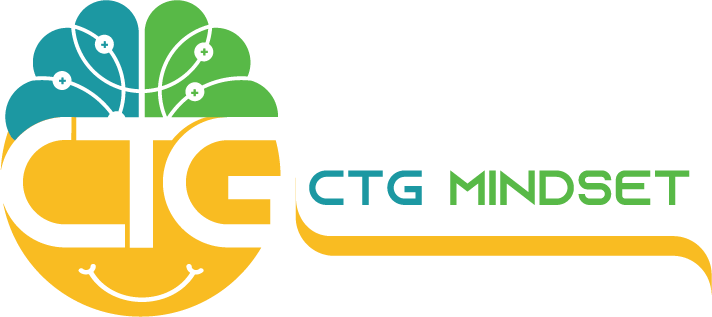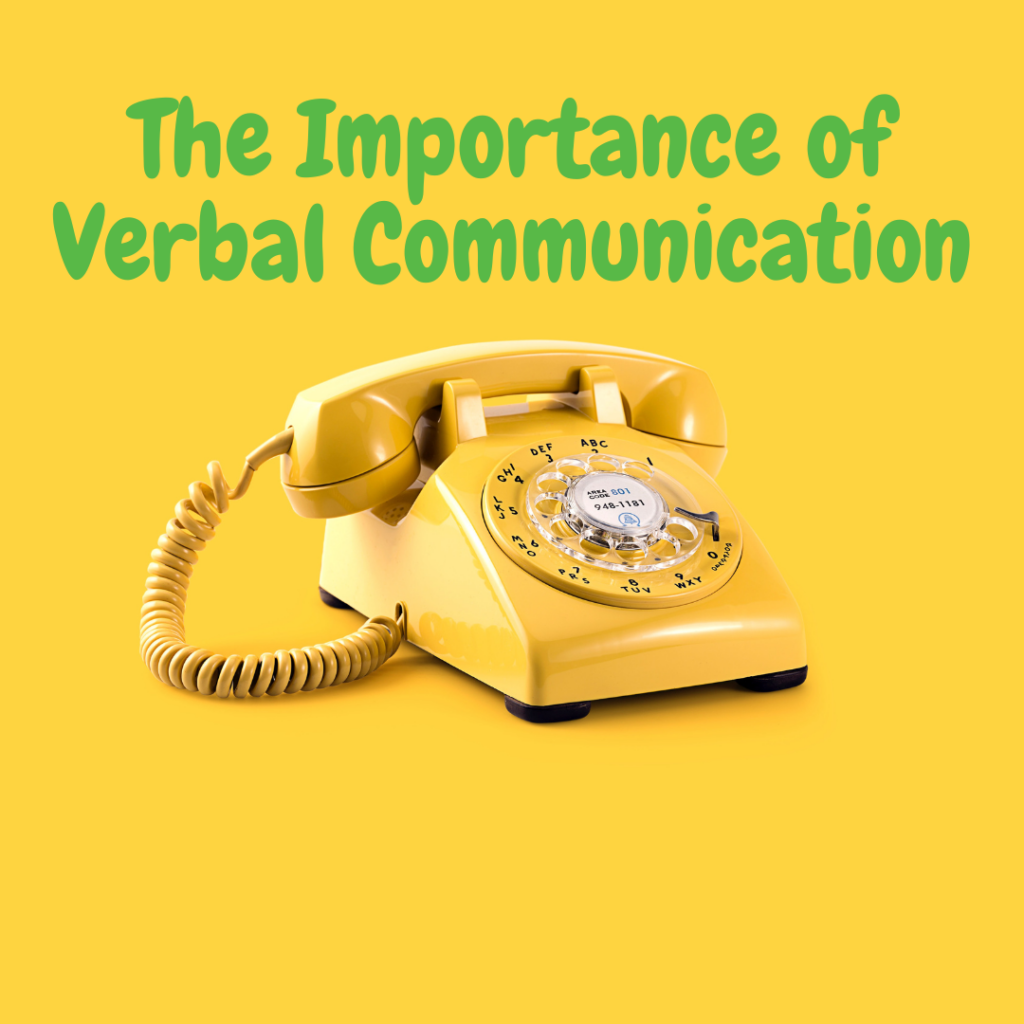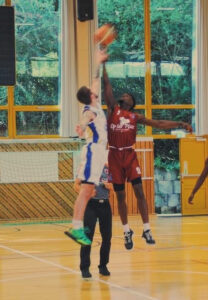CTG Mindset Blog
The Importance of Verbal Communication
The Importance of Verbal Communication
Communication is something we all do with our words, body language, and energy but we don’t talk enough about how big of an influence communication is on teams. In this two-part blog, we will be looking at verbal and nonverbal communication and the importance of both within a team. In this first part, we will examine verbal communication.
Talking It Out
When communication is brought up, most people automatically think about verbal communication. This is what someone is saying, how they are saying, and what they are avoiding saying. This aspect is vital for understanding someone, especially what your coaches and teammates want. This is one of the most direct ways to communicate and it can express a variety of emotions. If someone’s tone is different than usual, you notice and can change your behavior or get space away from them. Your coaches can tell you what you are doing well and what can be improved.
Something to note is just because we can verbally communicate doesn’t mean we have to say everything on our mind. It is not about being the loudest, saying the most words, or only speaking when you know you are right. Rather it is about making sure what you are saying matters to you and your opinion is being heard. For basketball, verbal communication is part of how you get to know each other, build trust, play together as a team, and work together to improve as individuals and as a team.
Verbal Communication in a Team Environment
As you can see verbal communication is important, so just like technical skills need to be worked on, so do mental skills, including communication. Verbal communication is especially important in basketball where you are often doing practice and competitions from October to March/April. So why not spend some of that time working on your verbal communication that will transfer from off the court to on the court.
Team Activities to Increase Verbal Communication
- You can do get-to-know-you activities. Do short 5 to 10 minutes activities where you get to know the teammates you don’t know as well. Find unique connections with various teammates, talk honestly about your day, goals, and life, and do different team-bonding activities that peak different types of interests.
- Also, when you have group activities, partner up and group up with different people. This not only allows you to get to know other people but it can also allow you to work on skills and challenge yourself by working with someone new.
- But don’t force anyone to do any activity or speak up. Create a space where people feel comfortable to share what they want and not always having to share. This will make it easier to talk to each other when something tough does come about.
Team Communication Activity

Follow this link to watch a video describing a team activity to improve communication.
Where to Find Activities
Activities to improve on verbal communication will be found in an activity book being created by CTG Mindset. You can also create your own by doing those icebreakers from classes, just asking each other questions, and playing games with each other.
Content Created by Kathryn Colby, M.Ed.



 Professional Basketball Player Accolades:
Professional Basketball Player Accolades: Coach Savannah is originally from Cottage Grove, Wisconsin. Currently, she’s a junior at the University of Wisconsin-Madison studying Psychology and Gender & Women’s Studies. She has a passion for martial arts and has been doing it since she was 4 years old.
Coach Savannah is originally from Cottage Grove, Wisconsin. Currently, she’s a junior at the University of Wisconsin-Madison studying Psychology and Gender & Women’s Studies. She has a passion for martial arts and has been doing it since she was 4 years old.